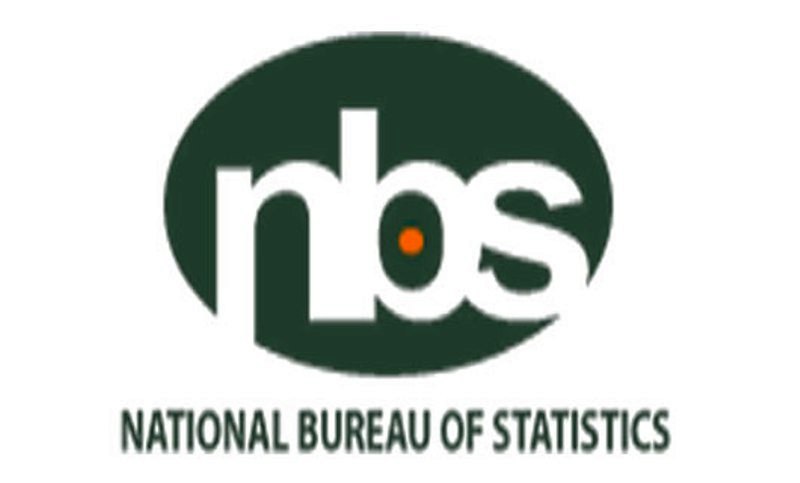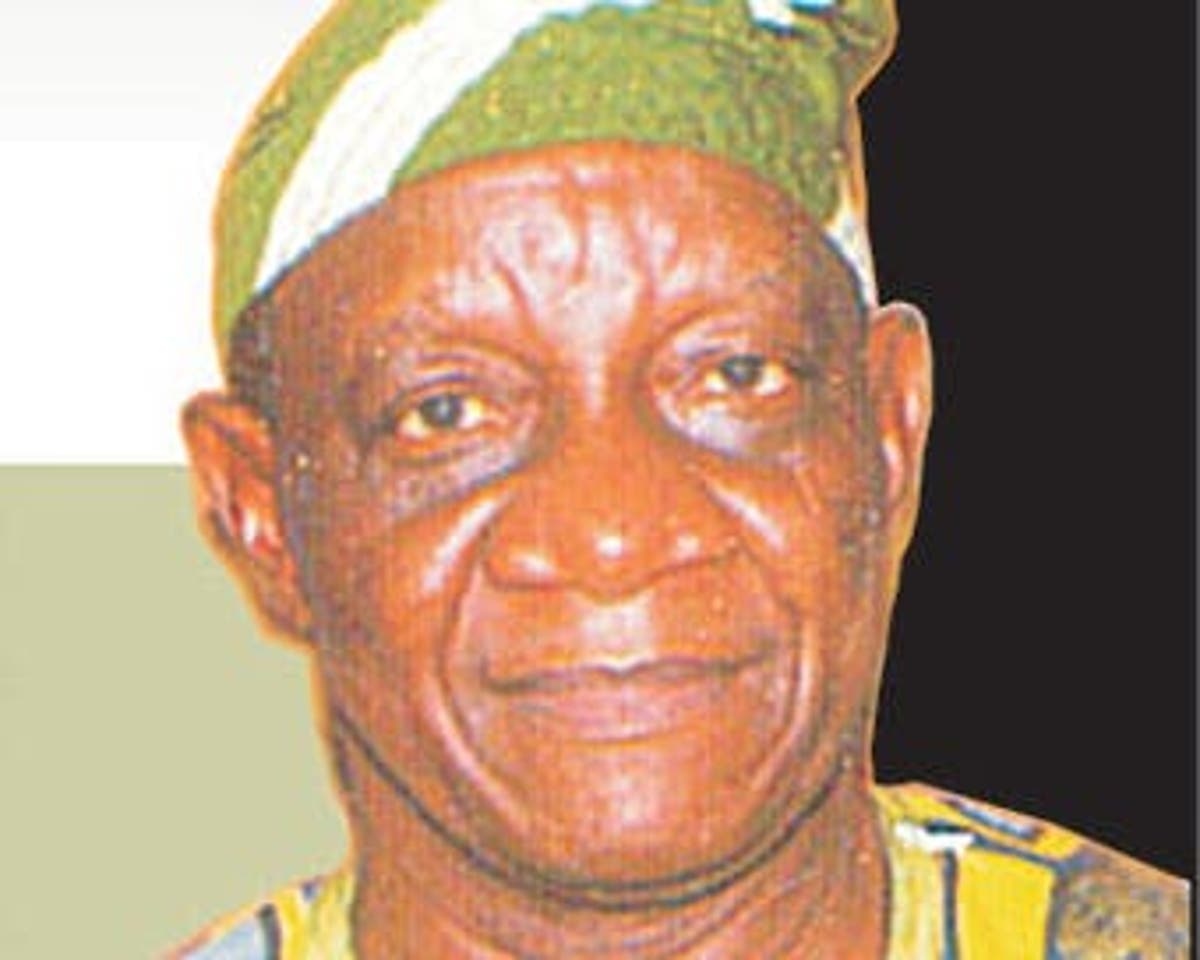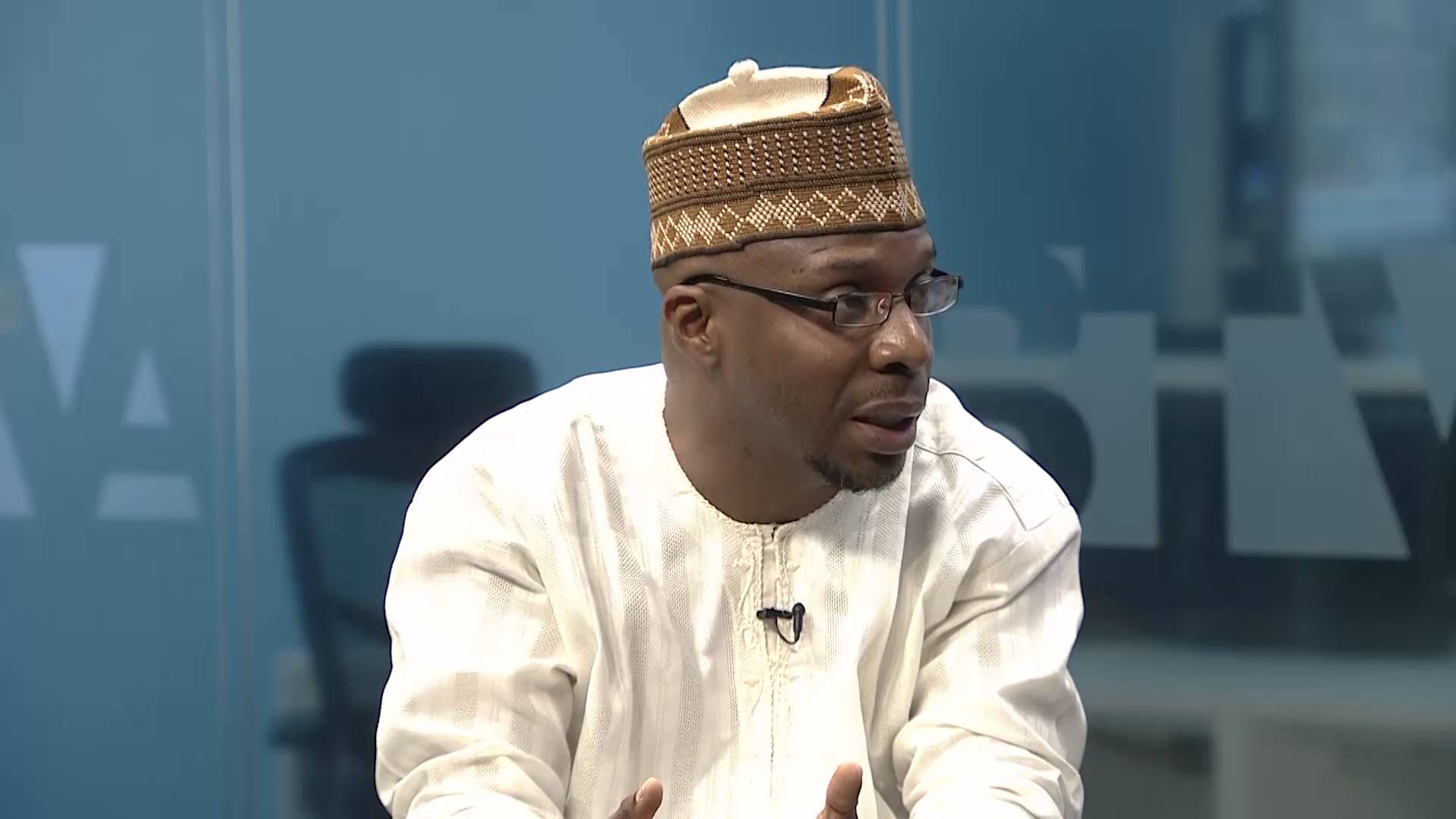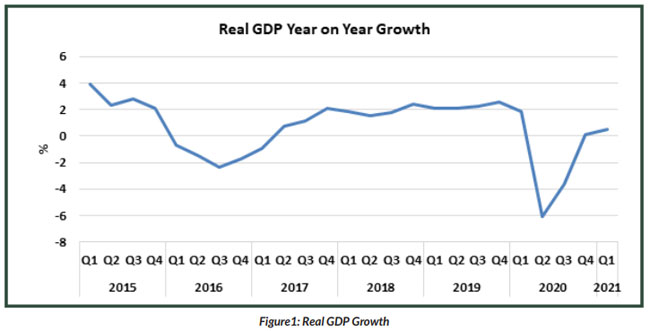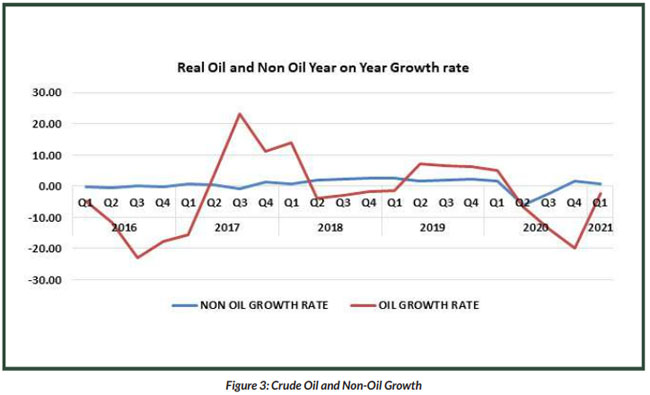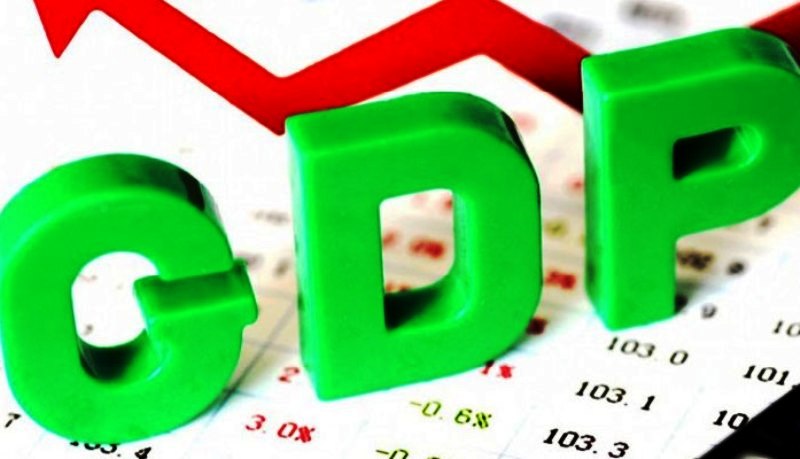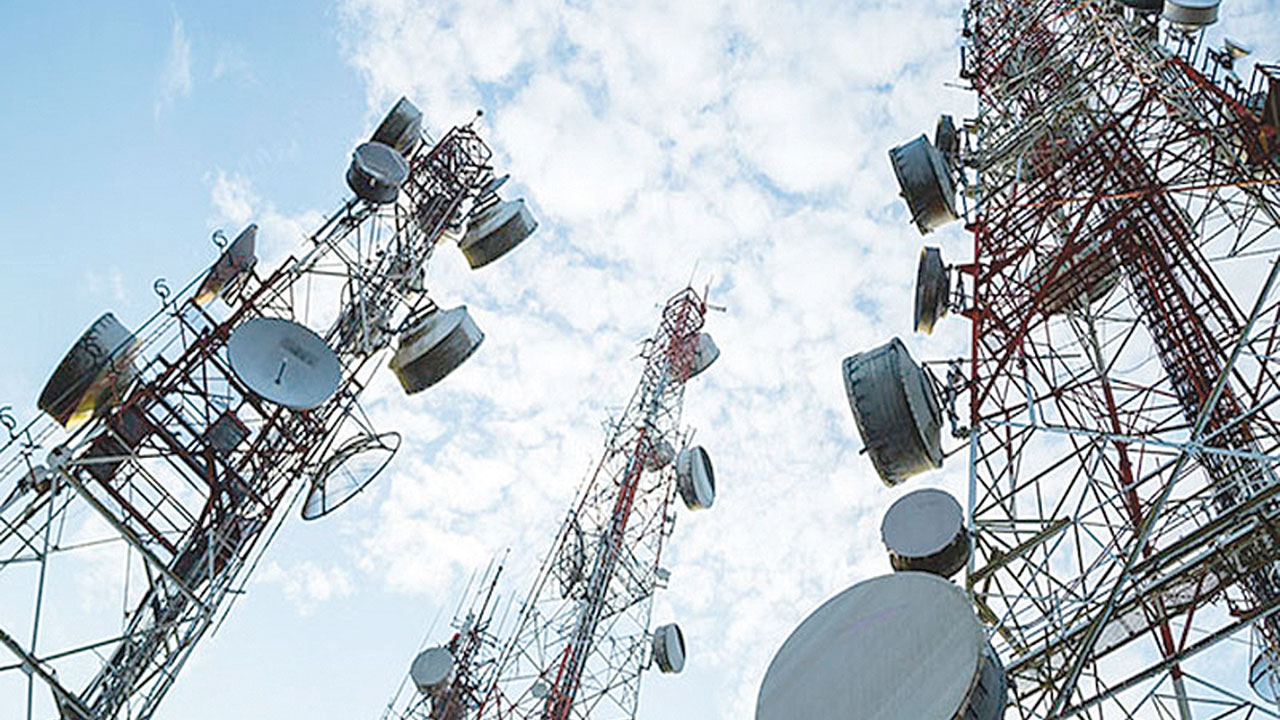The National Bureau of Statistics (NBS), says Nigeria’s Gross Domestic Product (GDP) increased by 4.03 per cent in the third quarter of 2021.
This is according to a report released by the NBS on Nigerian Gross Domestic Product Report (Expenditure and Income Approach) for Q3, Q4 2021 in Abuja on Wednesday.
According to the report, in the third quarter of 2021, Nigeria’s real GDP at basic prices grew by 4.03 per cent on a year-on-year basis showing a steady improvement from the economic downturn in 2020.
The NBS said that growth improved further in the fourth quarter of 2021 with a positive GDP growth rate of 3.98 per cent.
“The negative quarterly growths in Q2 and Q3 2020 resulted in a recession, which led to a negative annual growth rate of -1.92 per cent for 2020, compared to 2.27 per cent in 2019 on a year-on-year basis. ”
“Annual growth in 2021 stood at 3.40 per cent, an improvement of 2020. Compared to the third and fourth quarters of 2020, the performance in 2021 indicated an increase of 7.65 per cent points and 3.87 per cent points higher, respectively.’’
The report said Household Consumption Expenditure in Q3 and Q4 2021, grew by 19.36 per cent and 7.30 per cent in real terms, year-on-year.
For 2021, the annual growth rate in real household consumption expenditure stood at 25.65 per cent compared to -1.69 per cent recorded in 2020.
“The observed trend in 2020 indicates that real household consumption expenditure declined in Q1 and Q2 accounting for negative growth rates informed by the COVID 19 pandemic.
“However, positive growth rates were recorded in Q3 and Q4 of 2020 as well as the four quarters of 2021.’’
Household consumption expenditure consists of expenditure, including imputed expenditure, incurred by resident households on individual consumption goods and services.
It said that Government Consumption Expenditure recorded growth rates of -39.51 per cent and -16.76 per cent in Q3 and Q4 of 2021 respectively, year-on-year.
The Bureau said the annual growth rate according to the report stood at -34.03 per cent in 2021, compared to 61.58 per cent in 2020.
The report said Net Exports recorded positive growth rates in the first two quarters of 2020 and shifted to negative growth rates in the third and fourth quarters of 2020.
The negative growth rate was also recorded in the first three quarters of 2021, a departure from the trend in 2019.
It, however, said that Net exports grew in real terms in Q3 and Q4 of 2021 by -38.27 per cent and 1.35 per cent respectively.
“On an annual basis, net exports grew by -55.77 per cent in 2021, compared to -13.17 per cent recorded in 2020.’’
The report said that National Disposable Income grew by -1.48 per cent in the third quarter of 2021 and 2.84 per cent in the fourth quarter of 2021.
However, a growth of 0.32 per cent and -1.28 per cent in Q3 and Q4 of 2020 on a year-on-year basis in real terms was recorded.
This gave a slower growth rate of -2.52 per cent for the annual figure in 2021, compared to a positive growth rate at the end of 2020 (1.07 per cent).
The report said Compensation of Employees during the third and fourth quarters of 2021 grew by 14.54 per cent, and 11.79 per cent respectively in real terms on a year-on-year basis.
“For 2021, growth rate stood at 13.68 per cent compared to 0.96 per cent in 2020,’’ it said.

